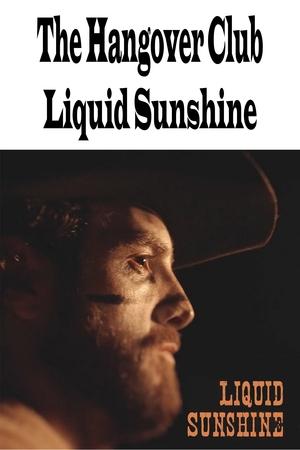
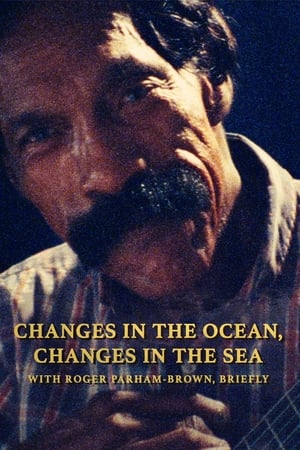
Changes in the Ocean, Changes in the Sea(2019)
A lyrical documentary about writer and street musician Roger Parham-Brown.
Movie: Changes in the Ocean, Changes in the Sea
Top 1 Billed Cast
self

Changes in the Ocean, Changes in the Sea
HomePage
Overview
A lyrical documentary about writer and street musician Roger Parham-Brown.
Release Date
2019-12-21
Average
0
Rating:
0.0 startsTagline
Genres
Languages:
Keywords
Similar Movies
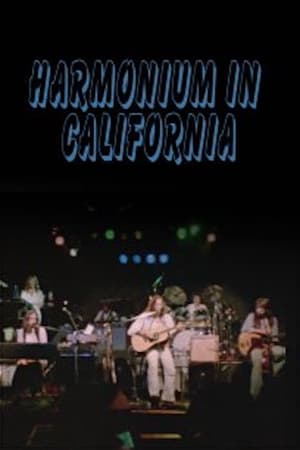 4.0
4.0Harmonium in California(fr)
Through concerts and interviews, folk-progressive group Harmonium takes Quebec culture to California. This documentary full of colour and sound, filmed in California in 1978, recounts the ups and downs of the journey of the Quebec musical group Harmonium, who came to feel the pulse of Americans and see if culture, their culture, can succeed in crossing borders.
Pierre Bensusan In Concert(en)
The evocative and exciting music of Pierre Bensusan is presented in its full glory in this 75 minute concert recorded at the Freight & Salvage in Berkeley, California in 1995. His diverse influences yield a sound and style that confounds classification and has thrilled and captivated audiences around the world. Pierre's name has become synonymous with contemporary acoustic guitar genius.
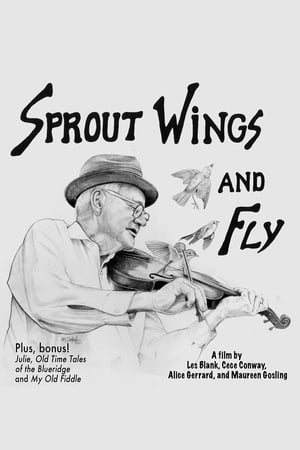 5.9
5.9Sprout Wings and Fly(en)
Set in the North Carolina Appalachians, Sprout Wings and Fly honors the fiddle playing of 82-year-old Tommy Jarrell of Toast, NC. Tommy was quirky, gregarious and generous, and this film shows him at his best, in fine fiddling form.
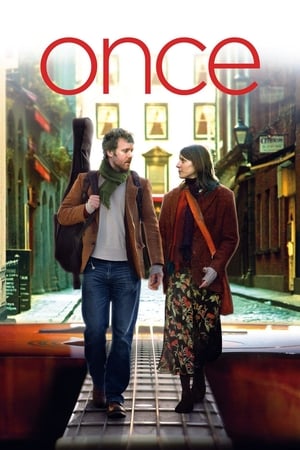 7.4
7.4Once(en)
A vacuum repairman moonlights as a street musician and hopes for his big break. One day a Czech immigrant, who earns a living selling flowers, approaches him with the news that she is also an aspiring singer-songwriter. The pair decide to collaborate, and the songs that they compose reflect the story of their blossoming love.
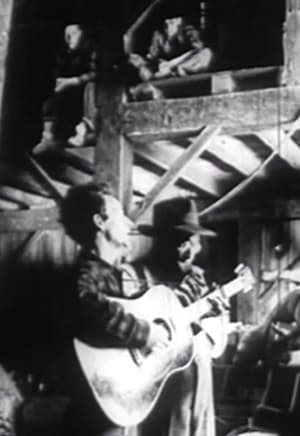 4.5
4.5To Hear Your Banjo Play(en)
A short film about Pete Seeger and the birth of banjo music throughout the Southern United States.
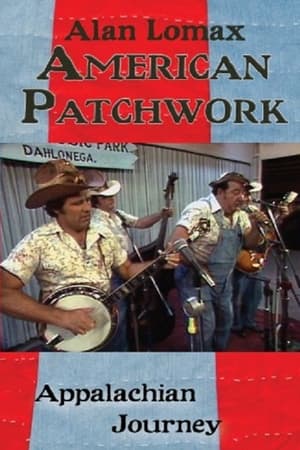 9.5
9.5Appalachian Journey(en)
Appalachian Journey is one of five films made from footage that Alan Lomax shot between 1978 and 1985 for the PBS American Patchwork series (1991). It offers songs, dances, stories, and religious rituals of the Southern Appalachians. Preachers, singers, fiddlers, banjo pickers, moonshiners, cloggers, and square dancers recount the good times and the hard times of rural life there. Performers include Tommy Jarrell, Janette Carter, Ray and Stanley Hicks, Frank Proffitt Jr., Sheila Kay Adams, Nimrod Workman and Phyllis Boyens, Raymond Fairchild, and others, with a bonus of a few African-Americans from the North Carolina Piedmont.
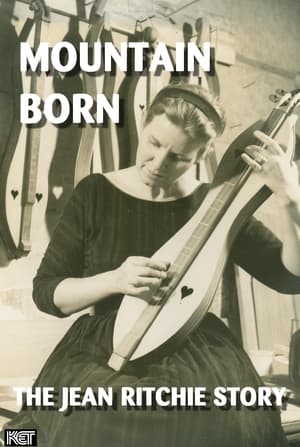 0.0
0.0Mountain Born: The Jean Ritchie Story(en)
Chronicles the 50-year career of singer/songwriter Jean Ritchie, from Viper, Kentucky to the New York stage. Pete Seeger, Arlo Guthrie, and her family and friends in Eastern Kentucky are among those interviewed. A 1996 KET production.
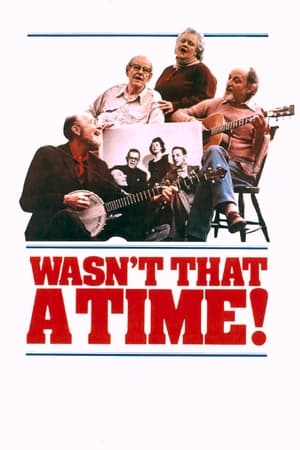 7.2
7.2The Weavers: Wasn't That a Time(en)
Documentary about the blacklisted folk group The Weavers, and the events leading up to their triumphant return to Carnegie Hall.
 0.0
0.0The River in Me(zh)
Traversing 700,000 square kilometers over 700 days, the filmmakers bring the stories of five people who crisscross the Yellow River to perform their art. At the center of the web is Su Yang, a contemporary artist and musician and his exchange with traditional practitioners of Qin Opera, Shadow Puppetry, Hua’er, and Shaanbei Storytelling.
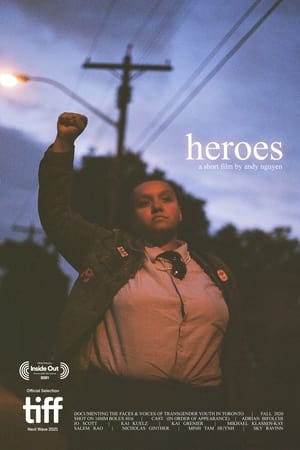 10.0
10.0heroes(en)
Displaying the faces and voices of transgender youth, the documentary short shows the authenticity of queer and trans people living in Toronto, while simultaneously discussing the struggles for self-acceptance that people who do not conform to cisgender and heteronormative ideals of gender face. Andy Nguyen, trans director and film student, captures his trans friends in their natural state on 16mm film shot on a Bolex h16 camera. Accompanied by narration written and recited by Salem Rao, this film represents that trans people exist and this is what we look like. Regardless of the obvious everyday transphobia, trans people find community and uniqueness within each other and themselves.
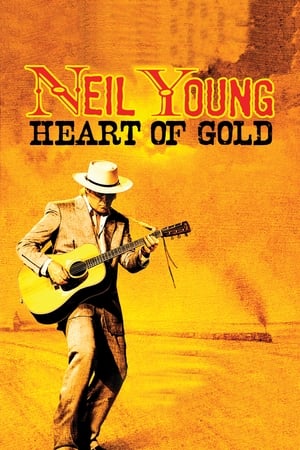 7.4
7.4Neil Young: Heart of Gold(en)
In March 2005, Neil Young was diagnosed with a brain aneurysm. Four days before he was scheduled for a lifesaving operation, he headed to Nashville, where he wrote and recorded the country folk album Prairie Wind with old friends and family members. After the successful operation and recovery period, he returned to Nashville that August to play at the famed Ryman Auditorium, once again gathering together friends and family for this special performance.
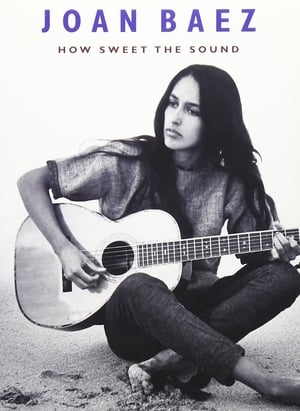 6.8
6.8Joan Baez: How Sweet the Sound(en)
Following folk musician Joan Baez on her extensive 2008-2009 tour, this film commemorates her career, which has spanned five decades. It includes concert and archival footage as well as interviews with such disparate colleagues, friends and admirers as Bob Dylan, Jesse Jackson and David Crosby. In addition to the music, it also touchs upon Baez's long history of global social activism.
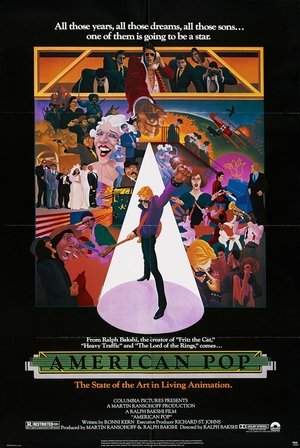 6.9
6.9American Pop(en)
The history of American popular music runs parallel with the history of a Russian Jewish immigrant family, with each male descendant possessing different musical abilities.
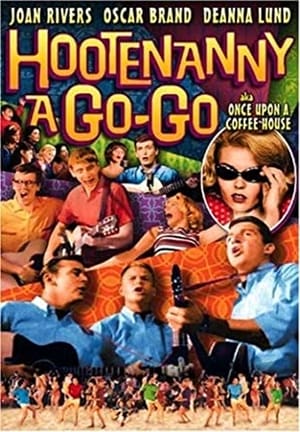 0.0
0.0Hootenanny a Go-Go(en)
A square rich boy wants to make it with a pretty folk singer, so he buys the coffee house where she and a bunch of other beatniks perform. Features performances by The Goldebriars, The Free Wheelers, and a very young Joan Rivers doing a stand-up routine.
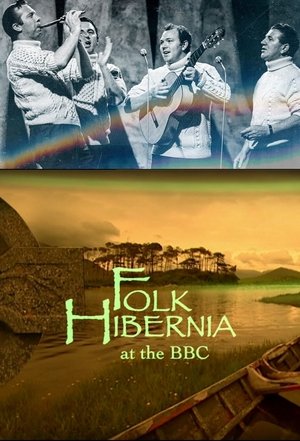 6.5
6.5Folk Hibernia at the BBC(en)
Celebrating the finest in Irish folk music with a compilation of performances taken from the BBC archives. Highlights include songs from The Clancy Brothers, The Chieftains, Christy Moore, The Pogues and Sharon Shannon.
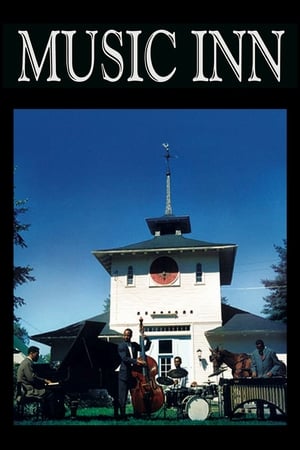 0.0
0.0Music Inn(en)
During a decade rife with paranoia, in the middle of the McCarthy era, Music Inn was a bold experiment. Halfway between the Second World War and The Civil Rights Movement, Phil and Stephanie Barber created an oasis in the Berkshire Hills in Western Massachusetts where aspiring musicians came to learn from the very best. Students and faculty, young and old, rich and poor, white, black, and brown convened together and learned from each other. Defying the surrounding environment, Music Inn harbored a racial and cultural harmony where music was all that mattered.
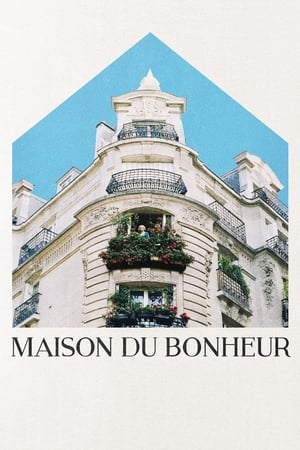 6.1
6.1Maison du Bonheur(fr)
When asked to make a documentary about her friend’s mother—a Parisian astrologer named Juliane—the filmmaker sets off for Montmartre with a Bolex to craft a portrait of an infectiously exuberant personality and the pre-war apartment she’s called home for 50 years.

